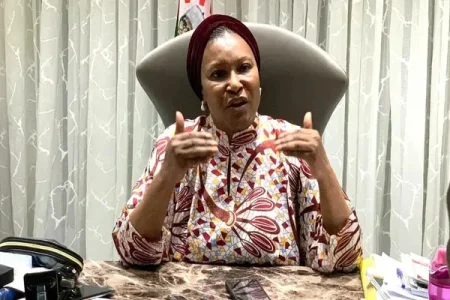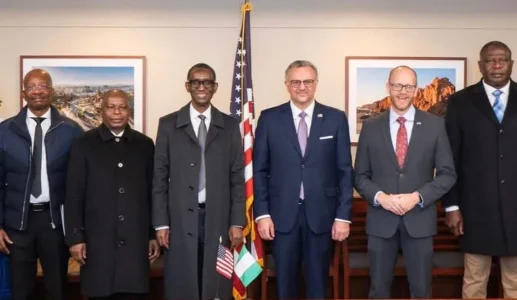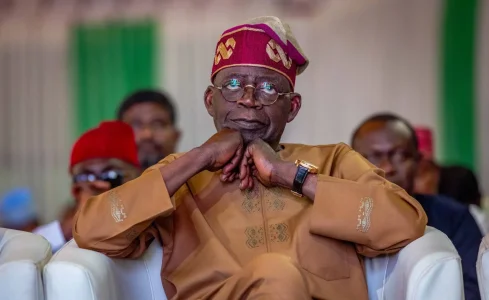
Senator Ireti Kingibe discusses her rift with FCT Minister Nyesom Wike and its impact on FCT's development. She highlights infrastructure issues and calls for improved governance.
Senator Ireti Kingibe of the Federal Capital Territory (FCT) expressed her concerns in a recent interview with ARISE TV, shedding light on her strained relationship with FCT Minister Nyesom Wike and its implications for governance in Abuja. The interview highlighted her frustrations over being sidelined in key decisions affecting the FCT despite her role as its elected senator.
Senator Kingibe, one of only four female senators in the National Assembly, emphasized the critical role of effective communication between elected officials and government ministers. She criticized Minister Wike for neglecting the broader needs of FCT residents, citing issues like inadequate infrastructure and security challenges.
Regarding her ongoing feud with Minister Wike, Senator Kingibe clarified that the discord stemmed from Wike's refusal to engage with her, despite her constitutional role as the FCT senator. She pointed out legal obligations under Nigerian law that mandate cooperation between ministers and elected representatives.
During the interview, Senator Kingibe also assessed President Bola Tinubu's administration, highlighting the need for legislative reforms to enhance women's participation in politics. She underscored the importance of gender equity in governance and called for affirmative action to address the underrepresentation of women in decision-making positions.
Responding to criticisms, Senator Kingibe dismissed accusations of personal interest or political maneuvering in her disputes with Minister Wike, emphasizing her commitment to addressing the genuine concerns of FCT residents. She criticized the allocation of funds in recent budgets, arguing for a more equitable distribution that prioritizes basic amenities like water and healthcare.
In conclusion, Senator Ireti Kingibe's interview with ARISE TV underscored her advocacy for good governance and gender equality in Nigerian politics. She called for greater accountability and transparency in government operations, urging legislative reforms to empower women in political leadership roles.




